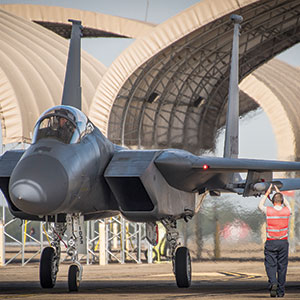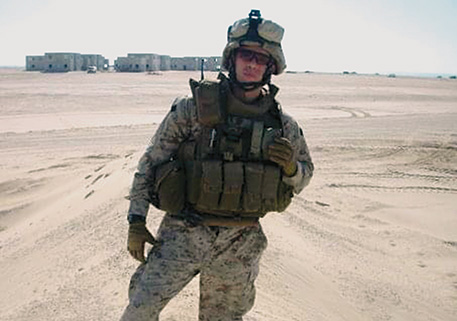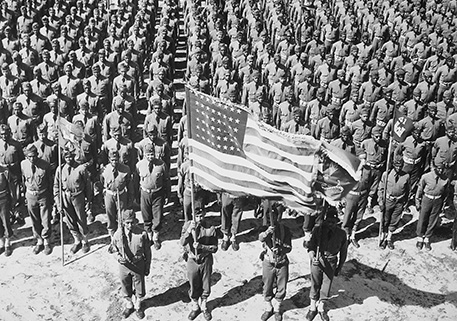
American military aircrews dominate the skies wherever they operate. With medical evacuation, intelligence gathering, troop and cargo transportation, and beyond, it’s hard to overstate their impact on defending the nation. Now there’s an effort to provide them with the support they need and have earned.
The Aviator Cancer Examination Study (ACES) Act (H.R. 7524) would require the Department of Veterans Affairs to study cancer occurrences among Navy, Air Force and Marine Corps veterans who served as aircrew members for fixed-wing aircraft. The bill does not include Army veterans or those who served on helicopter crews.
The VA would also be required to work with the National Academies of Sciences, Engineering and Medicine to determine links between illnesses and specific exposures. Establishing a cause-and-effect relationship could unlock VA care and other benefits quicker.
Current research has found that those with experience in military aviation are far more likely to be diagnosed with various cancers, indicating a pressing need for the VA to investigate further.
A 2021 study conducted by the Air Force compared cancer rates among fighter pilots and weapons systems officers with those who operate other airframes. Fighter pilots were nearly 30% more likely to be diagnosed with testicular cancer. They were also about 25% more likely to develop melanoma—the deadliest and most aggressive form of skin cancer—and 23% more likely to have prostate cancer.
Rep. Mike Garcia of California, a former Navy fighter pilot who served in the Iraq War, said the need for “extended medical research and expedited care in the veteran community is clear.”
“After being on the front lines, too many service members come home to fight lifelong battles with service-related illness,” he said in a statement in April. “I am proud to co-sponsor the Aviator Cancer Examination Study Act and stand up for those who have risked their lives for our country.”
“We’ve known for some time service to one’s nation is often marred by pernicious toxic exposures that can wreak havoc on a veteran’s health,” said National Legislative Director Joy Ilem. “If it can be determined that aircrew service members are more likely to become ill in the course of their duties, the sooner we can get those veterans the benefits and health care we owe them.”
Find updates to other major veteran legislation by joining DAV CAN (Commander’s Action Network) at DAVCAN.org.






